The letter from Auschwitz
I have seen this type of lesson in all kinds of guises, but this is probably the version I have most issue with. The task itself if fairly straight forward: having learned about the Holocaust and concentration camps, students are asked to imagine they are in a concentration camp and to write about their experiences in some kind of letter or diary.
I completely understand where lessons like this come from. The letter/diary device is straightforward to students to access (they may even be familiar with Anne Frank’s diary), and on the surface it appears to give them a chance to really empathise with people in the past. In reality however, I fear it undermines this latter aim, and raises a host of other issues. For more on this, you may like to read Totten’s “Holocaust Education: Issues and Approaches”, especially chapter seven.
First, because of the placement of tasks such as these, they often end up being a stand-in for a factual recall, rather than a real...

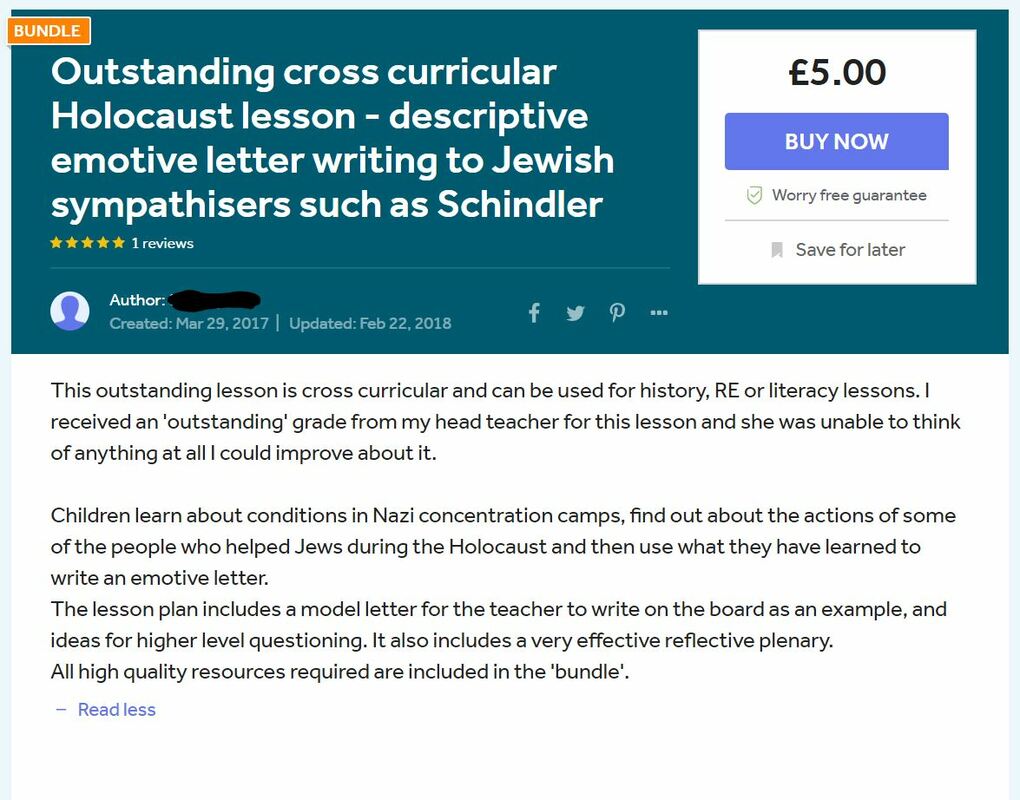
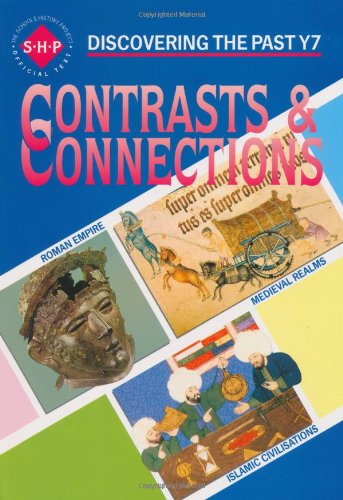
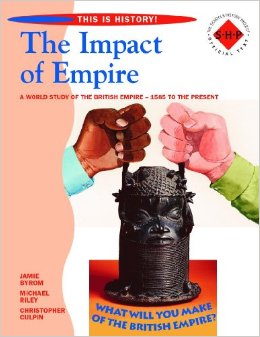

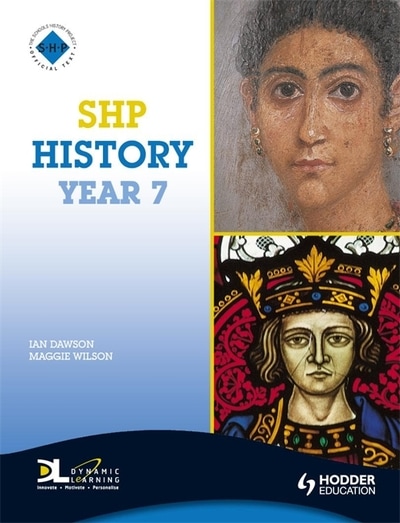
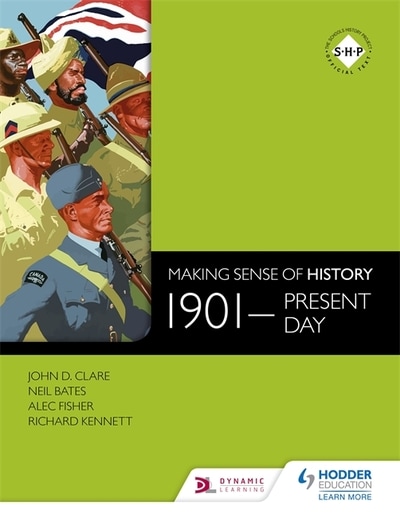


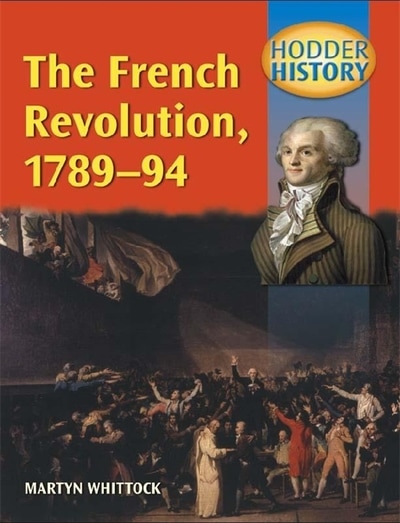
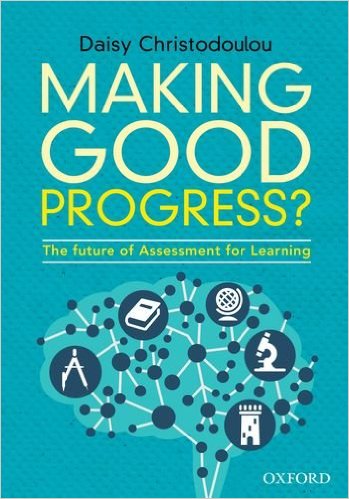


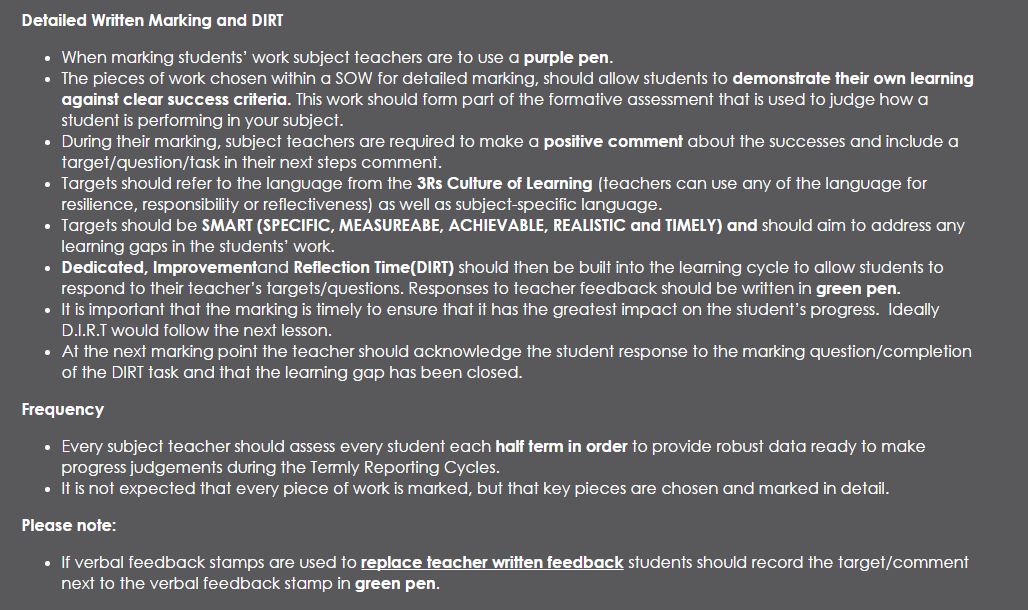
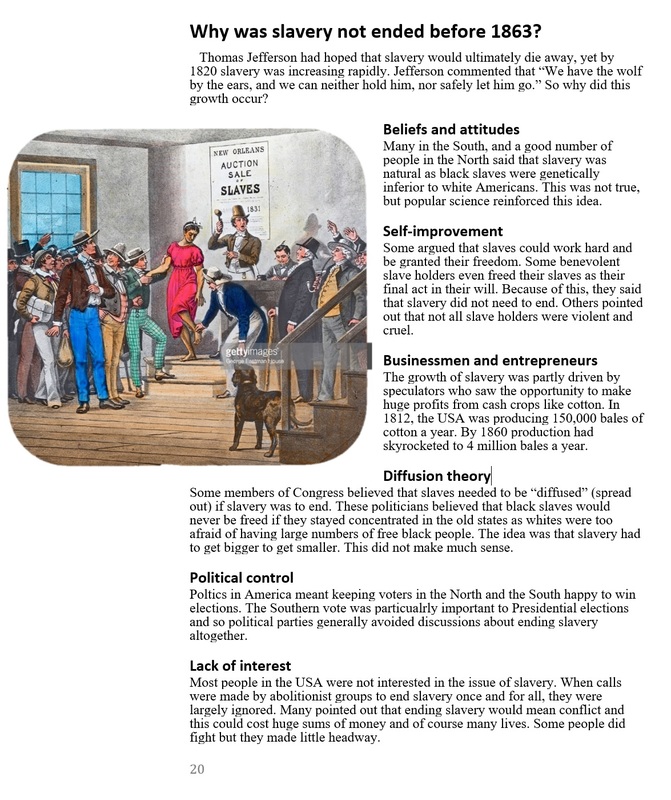
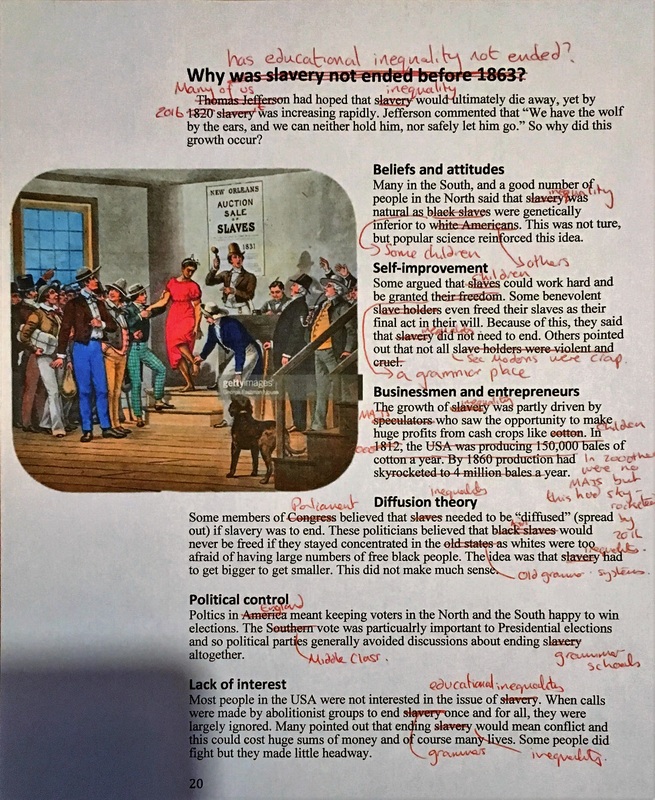

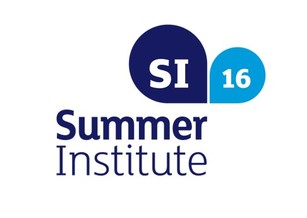
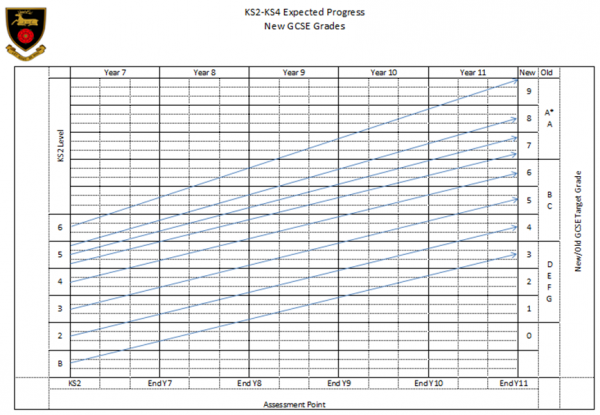
 RSS Feed
RSS Feed
